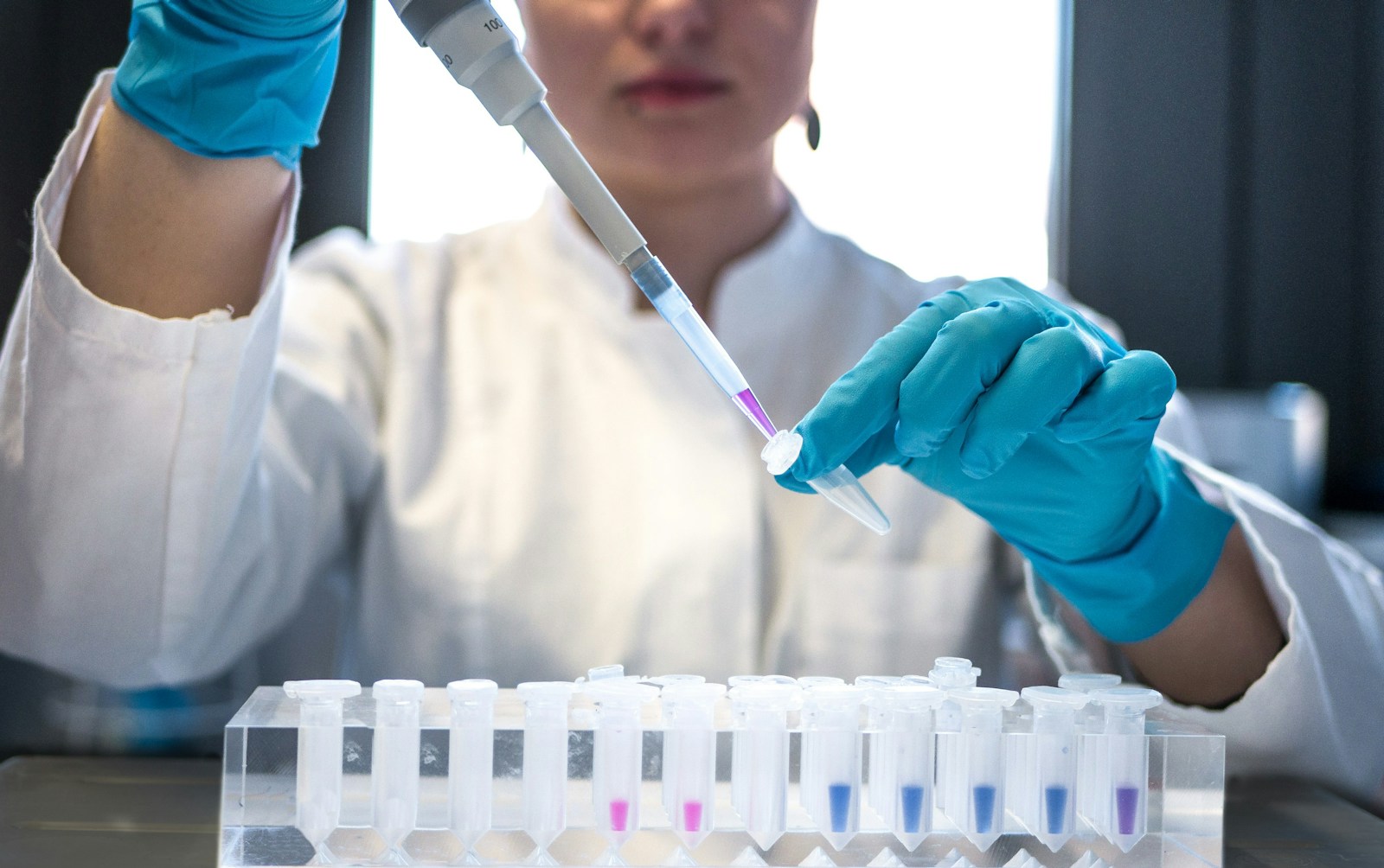Drug testing has an important role in everyone’s lives, from keeping workplaces safe to ensuring fair play in sports. It helps identify individuals who may be under the influence of substances that could compromise their judgment or performance. By understanding the various types of drug testing kits, people can appreciate how they contribute to maintaining a secure and trustworthy environment.
In this article, you will learn the different types of drug testing kits, their mechanisms, applications, and factors to consider when choosing the right one.
Types of Drug Testing Kits
Each drug testing kit has a specific purpose. Here are the commonly used testing kits for drugs.
Urine Tests
Urine tests are one of the most common types of drug testing kits. They work by detecting substances present in the urine that indicate recent drug use. These tests are popular due to their simplicity and non-invasiveness. However, they have a limited detection window, usually capturing drug use within the past few days.
Saliva Tests
Saliva tests are another convenient option. They involve collecting a sample of saliva to detect the presence of drugs. These tests are quick, and results are typically available within minutes. Saliva tests are effective for detecting recent drug use, offering a convenient alternative to urine tests.
Hair Tests
Hair tests are known for their ability to detect drug use over a more extended period, sometimes reaching up to several months. A small hair sample is taken and analyzed for drug metabolites. While highly reliable, these tests are less common due to their higher cost and longer processing time.
Blood Tests
Blood tests provide real-time information about drug presence in the bloodstream. They are often used in medical settings or post-accident scenarios where immediate results are crucial. While accurate, blood tests are less common for routine drug screening due to their invasive nature and the need for professional administration.
How Drug Testing Kits Work
Drug testing kits operate based on common principles, employing immunoassay and chromatography techniques. These methods target specific substances or their metabolites, allowing for accurate detection. Sensitivity and specificity are crucial factors influencing accuracy, ensuring that the tests correctly identify the presence or absence of particular drugs.
Choosing the Right Drug Testing Kit
Selecting the appropriate drug testing kit depends on various factors. Consider the purpose of testing, whether it’s for pre-employment screening, random testing, or post-accident investigation. Identify the specific substances you need to test for and factor in the cost implications. Balancing accessibility and convenience is also crucial, with at-home testing providing a convenient option for personal use.
Application in Different Settings
Discover how drug testing finds its place in diverse settings, each with its unique considerations.
Workplace Drug Testing
Workplaces prioritize safety and productivity. Drug testing is a common practice to ensure a secure environment. Employers often lean towards urine or saliva tests for their simplicity and quick results.
Whether pre-employment screenings or random testing, these measures contribute to cultivating a drug-free workplace. The primary aim is to create a setting where everyone can work confidently and efficiently.
School Drug Testing
Educational institutions implement drug testing to safeguard students’ safety and well-being. Typically using urine samples, these tests discourage drug use among students, promoting a healthy learning environment.
By discouraging substance use, educational institutions strive to create an atmosphere where students can concentrate on their studies without the influence of drugs.
Sports Industry
Fairness is the cornerstone of sports, and drug testing is integral to achieving this goal. Athletes undergo rigorous testing to detect performance-enhancing substances. Both urine and blood tests may be employed to ensure a level playing field, guaranteeing fair competition.
This ensures that every athlete has an equal opportunity to showcase their skills and maintains the integrity of the sport.
Medical Settings
In medical settings, drug testing is crucial for diagnosis and treatment plans. Blood tests, in particular, offer real-time insights into a patient’s drug levels, aiding physicians in making informed decisions about medication adjustments or identifying potential substance abuse issues.
The accuracy of drug testing in medical settings is paramount for ensuring patient safety and effective healthcare.
Criminal Justice System
Drug testing is important in the criminal justice system. Whether it’s probation, parole, or pre-trial monitoring, regular drug tests are often a condition.
Frequently, urine-based tests help authorities monitor individuals’ adherence to legal requirements, contributing to public safety and the effectiveness of rehabilitation efforts.
Rehabilitation Centers
In rehabilitation centers, drug testing is used to monitor individuals on the path to recovery. Regular testing, often through urine samples, helps professionals assess progress and identify any potential relapses. This information guides personalized treatment plans, ensuring individuals receive the necessary support to overcome substance abuse challenges.
Potential Challenges and Controversies
There are some of the challenges and controversies surrounding drug testing and it’s important to be aware of them.
Privacy Concerns
Maintaining a delicate balance between the necessity of drug testing and respecting individual privacy rights is crucial. Striking this balance ensures that safety and integrity are upheld without compromising personal boundaries.
Legal considerations play a significant role in defining the parameters for drug testing safeguarding the rights of each person involved.
False Positives and Negatives
While drug testing kits are generally accurate, there’s a small chance of encountering false positives or negatives. Influential factors include medications, dietary choices, or user error, which can sway results.
To minimize this risk, meticulous adherence to testing instructions is crucial. This guarantees that outcomes are as reliable and accurate as possible, enhancing the effectiveness of drug testing programs.
Inconsistencies in Testing Methods
The variety of drug testing methods can sometimes lead to inconsistencies in results. Different kits may have varying sensitivities and specificities, impacting detection accuracy.
Standardization across testing methods is essential to ensure uniformity and reliability in results, fostering confidence in the outcomes provided by drug testing.
Adulteration of Samples
In an attempt to subvert drug tests, individuals may try to adulterate or manipulate their samples. This can involve adding substances to alter the test results.
Adulteration poses a significant challenge to the accuracy of drug testing, as it introduces an element of uncertainty. Ensuring proper collection procedures and employing tamper-evident containers are measures to counteract sample adulteration.
Limited Detection Windows
Some drug testing methods, particularly urine tests, have limited detection windows. This means they may only identify recent drug use within a specific timeframe.
This limitation poses challenges, especially when attempting to detect chronic or sporadic drug use. Exploring alternative testing methods with extended detection capabilities may address this concern.
Empowering Choices: A Drug-Free Tomorrow!
Understanding the different types of drug testing kits is essential for making informed decisions in various settings. By navigating through the nuances of drug testing, you can create safer and more trustworthy environments for everyone involved.








